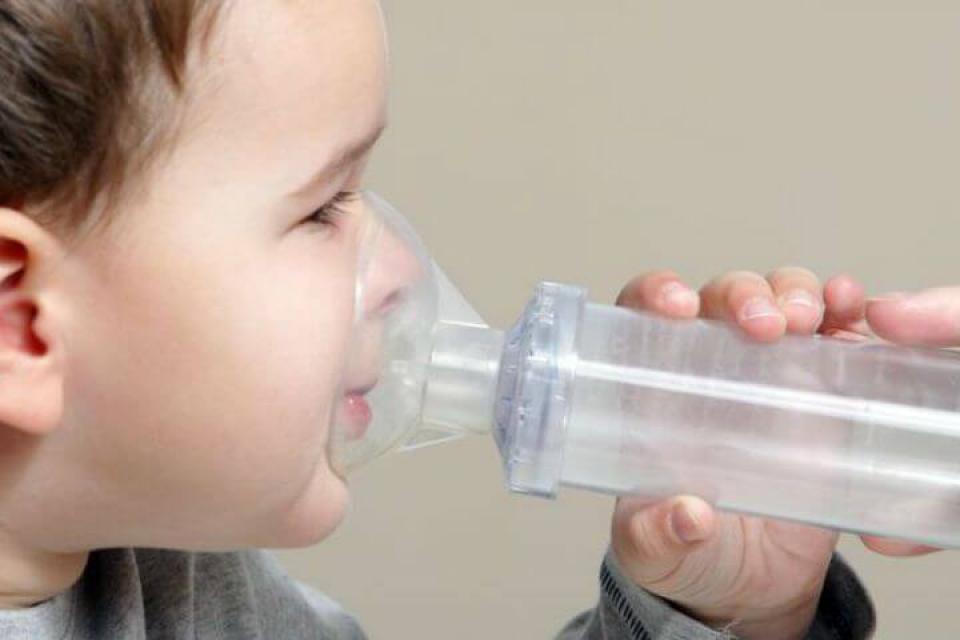Brought to you by International Medical Clinic
Bronchial Asthma is a common problem in childhood that affects about 20% of children in Singapore (Source: SingHealth). We asked Dr Jakka, who has a special interest in childhood asthma to explain what it is and how to treat it.
What is asthma?
Asthma is a common condition affecting the lungs in children. This happens because the airways in the lungs become inflamed and narrow. Thus, your child can have repeated episodes of cough, breathlessness and wheeze. The cough can particularly be worse at night and early morning.
At what age can it start?
In most children with asthma, the symptoms start under 5 years. However, it is difficult to diagnose asthma in very young children as there are other conditions that can closely mimic asthma.
Is it hereditary?
The combination of genetics and exposure to certain environmental triggers causes asthma. The risk of developing asthma is higher if a parent or a sibling has asthma. The risk of developing asthma is also higher if the child has other allergic conditions like eczema, allergic rhinitis and food allergies
How can I avoid my child developing asthma?
In some children, the triggers of asthma can be identified. These include viral infections, exercise, tobacco smoke, allergens like house dust mite, pollen, pets and certain foods. In these children, limiting or avoiding exposure to these triggers can prevent or minimize the asthma attacks.
What can I do to alleviate the symptoms?
Once a diagnosis of asthma is confirmed your child will be given an asthma action plan containing the medicines to be given during an asthma attack. It may be useful to share the plan with other people involved in the child care. If the attacks are frequent or severe, your doctor may discuss with you regarding the medicines to prevent or control the disease.
How long does it last… or is it forever?
Some children may grow out of their asthma. Rest of the children particularly those with other allergies and strong family history of asthma are less likely to grow out of it. However, it is important to remember that the appropriate use of medication, your child can lead an active normal life like other children.
Is there anything more I can do?
You can speak to your doctor regarding the signs and symptoms of an asthma attack so that treatment can be started early. Learning the correct inhaler technique is vital in efficient management of your child’s condition. Avoiding the potential triggers wherever possible will minimize the attacks and the need for medication.
Dr Sri Jakka completed his Paediatric degree in 2002, and underwent further training in the UK during which he obtained the Membership and Fellowship of Royal College of Paediatrics and Child Health.
After completing his Fellowship he joined Alder Hey Children’s Hospital in the UK where he worked as a Consultant Paediatrician. Before moving to Singapore, he worked as a Consultant Paediatrician at Rainbow Children’s Hospital, Hyderabad.











